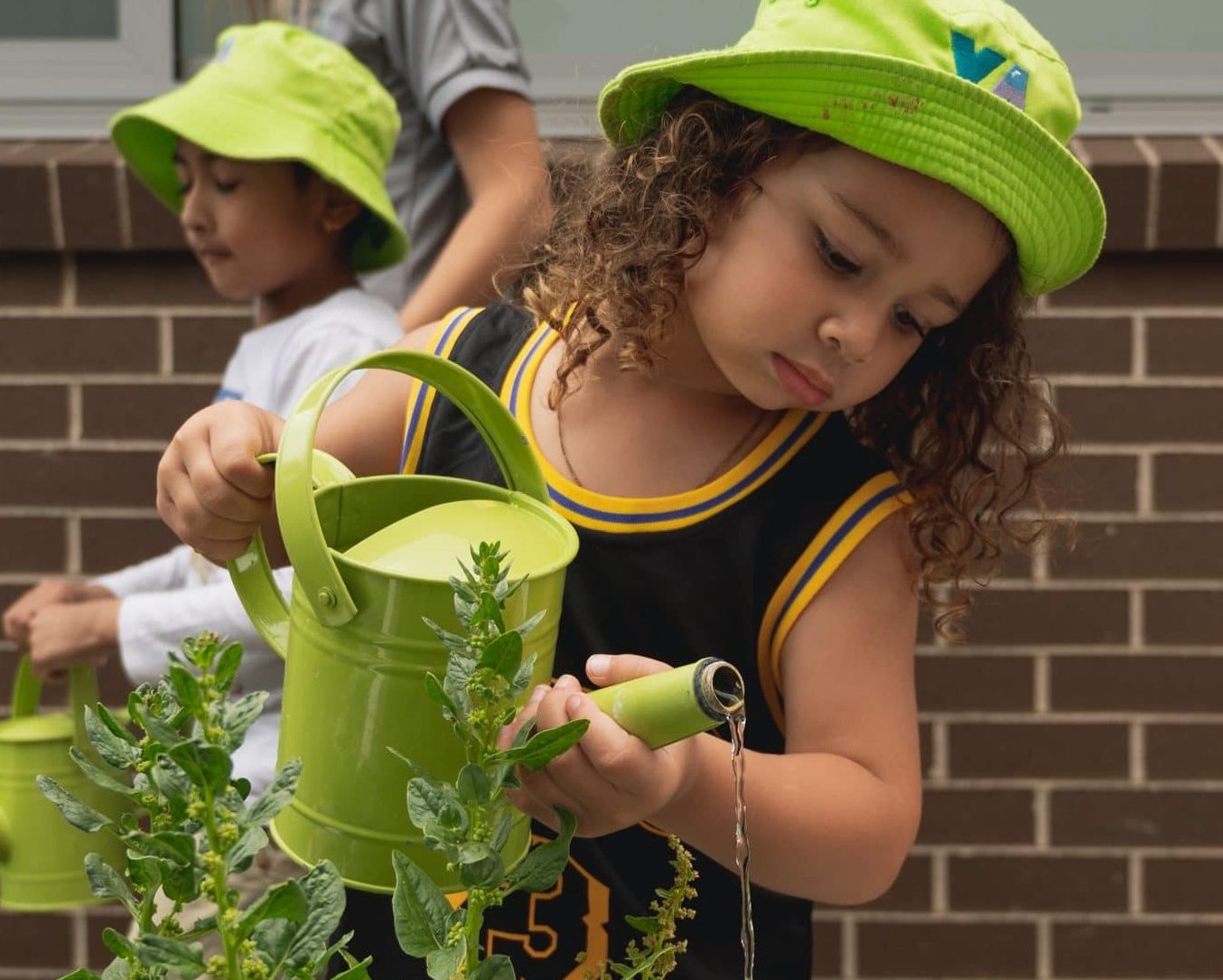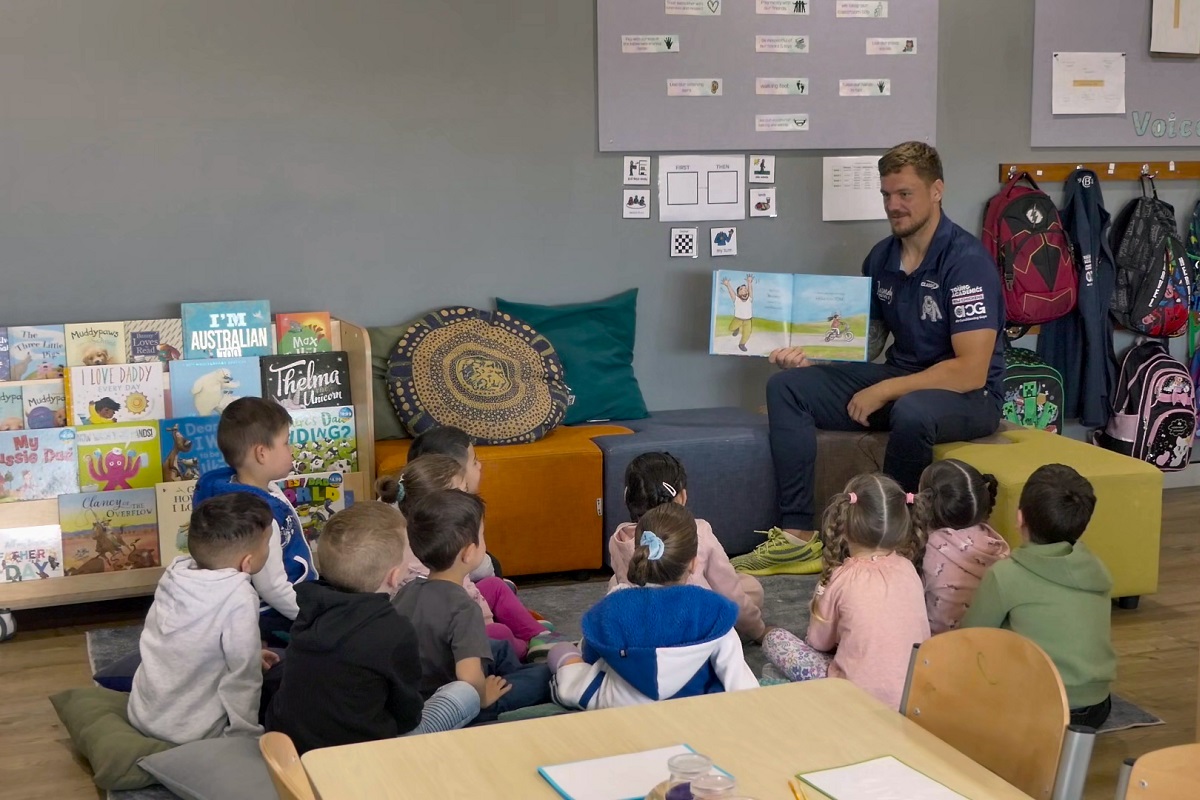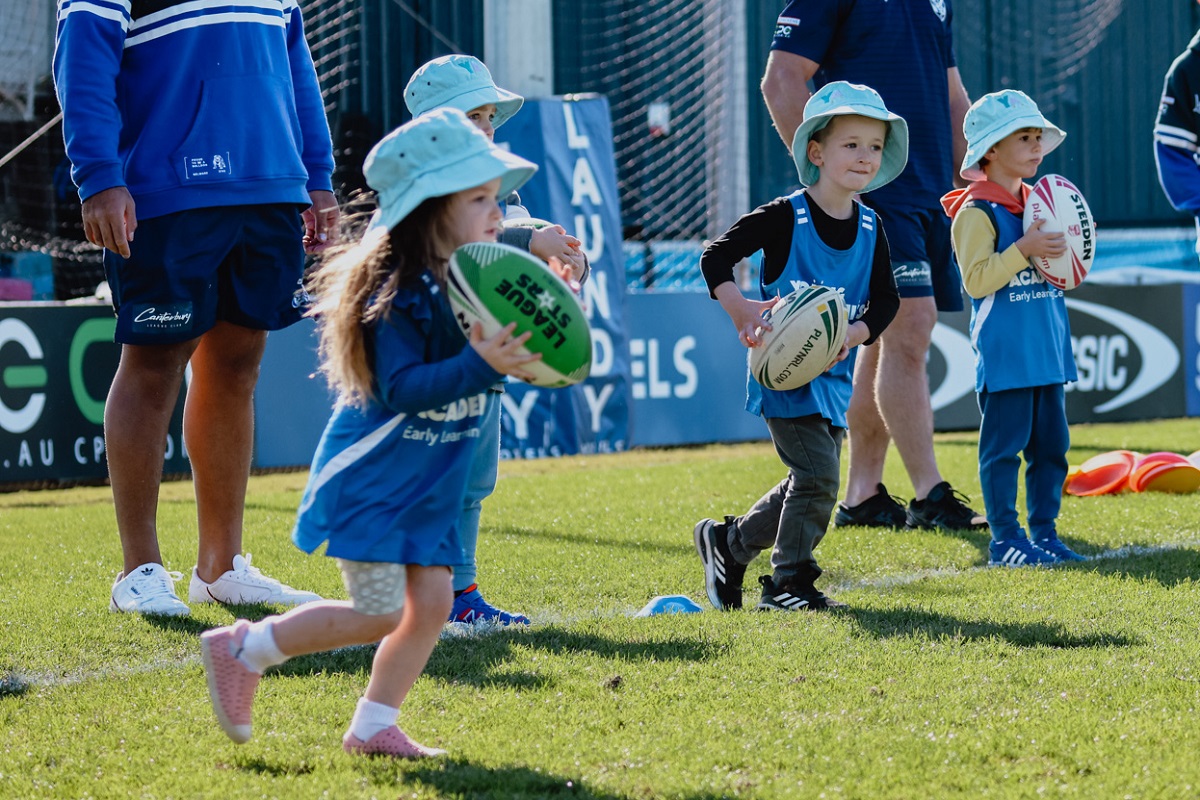Children who have self-confidence from an early age are usually one step ahead in their development. With confidence comes pride, resilience and the motivation to try new things, all of which help children to perform better in sports, academics and the arts. Generally, children who have self-confidence also have better social development which ultimately, improves their happiness. Because of the impact of self-confidence on a child, parents and childcare centre educators have a duty to help children develop confidence, especially in the early years of their childhood. Confidence developed at a young age, allows a child to believe in themselves, which will later continue into their childhood and adolescence.
Where does self-confidence come from?
Self-confidence is essential to children. Once you understand the importance, you begin to wonder where confidence comes from and how it’s developed. Before we explore how you can improve your child’s self-confidence, let us briefly take a look at where your child’s confidence comes from.
For young children, self-confidence comes from:
- Love from family and friends
- Spending quality time with family and friends
- Hearing encouraging and positive words from family, friends and educators
- Feeling listened to by adults
4 mindful ways that childcare centres and parents can improve the confidence of children
Model self-confidence
Children copy the behaviour of adults in their lives, namely their educators and parents. Be mindful of the language you use with other adults as well as how you react if you do something wrong. If this is done in front of your child, they may think that it is acceptable behaviour and will begin to treat themselves the same way. You may be unconsciously creating a cycle of verbal inner and outer self-degradation which will negatively mould the way a child thinks of themselves.
Allocate minor responsibilities to your child
Giving your child minor responsibilities, which may seem significant to them, can instil self-confidence. For example, putting your child in charge of keeping a plant alive, cleaning up their toys every day or folding their clothes, will help your child realise that they have the competency to execute specific tasks. Avoid doing everything for your child as this robs them of the opportunity to learn that they can be independent (to a certain degree).
Though the task may not be done perfectly, it’s a small price to pay for helping your child to build confidence in their abilities.
Avoid labels
Avoid unnecessarily shaping your child’s identity with negative/worrying labels. This usually happens when a child has a non-threatening medical issue or allergies. Parents, out of an abundance of caution, may end up over-emphasising their child’s medical concern. While your child must be aware of their medical issues, over-emphasising it can make children adopt an identity of being sick and affect their confidence which can then impact their social interactions and make them feel inferior to others.
To avoid this effect, ensure that carers are aware of the child’s medical issue. Let your child know that they have an illness or condition, but that it does not define who they are.
Praise their efforts and achievements
When children complete tasks or win at a game, it is vital that parents and carers recognise their achievements and congratulate them. This helps a child feel noticed, appreciated and reinforces the feeling that they have the competency to complete/achieve a task or goal.
Alternatively, if your child does not succeed at a task, do not degrade them; this will cause their self-esteem to deteriorate. Instead, use encouraging words to point out positive points in their performance or lift their spirits by letting them know that they can succeed another time.
Building your child’s confidence from a young age is crucial to starting them off on the right foot in life. By changing the way that you talk to your child, you can drastically improve how they feel and develop their self-confidence for the future.
At Young Academics, we are always mindful of the impact of our team member’s language, behaviour and interaction with your child. We are careful to inspire and encourage children in whatever they do and we design our classroom activities around building all children’s self-confidence.
For more information about our centre, contact us today on 1300 668 993.
Want to join the Young Academics family? Find your nearest location here, and our friendly team will be in touch with you shortly.



 BACK
BACK



